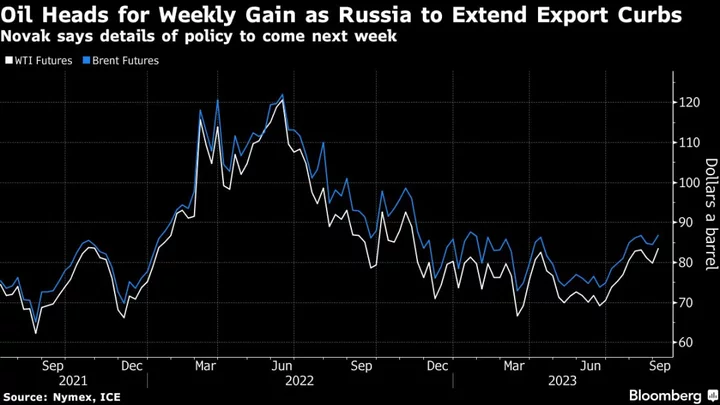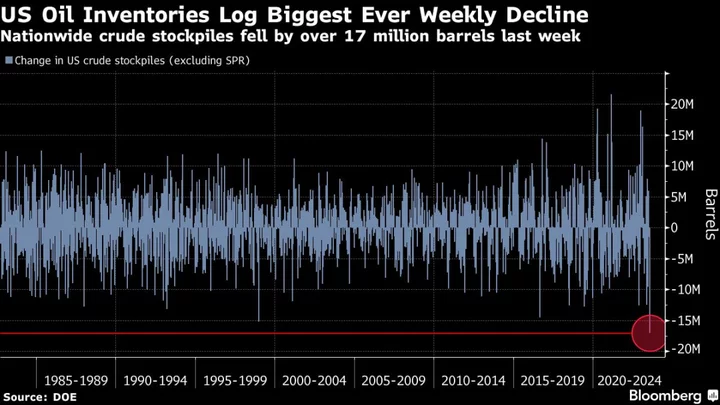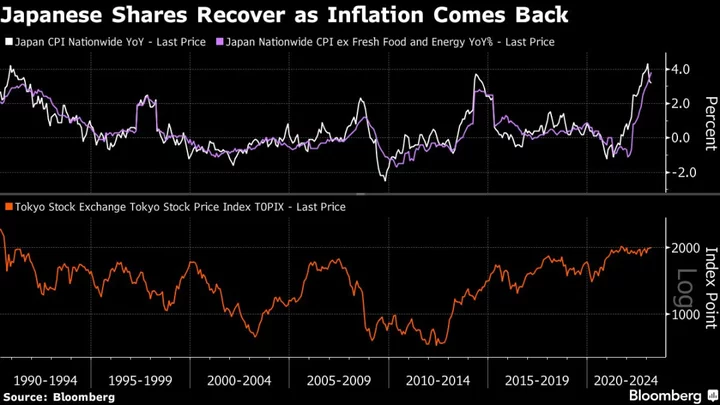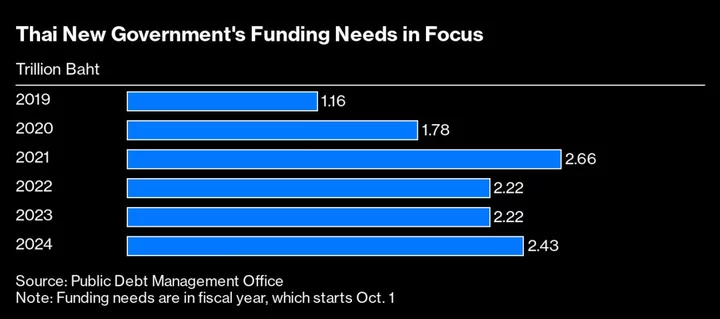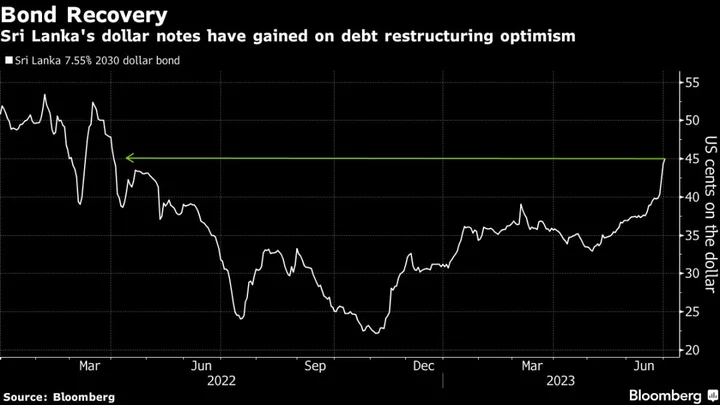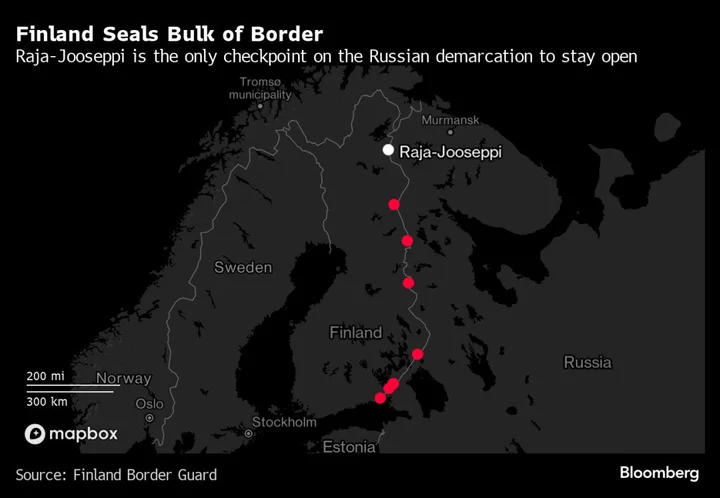Oil headed for the biggest weekly gain since early April after Russia signaled it would extend export curbs and US inventories fell further.
West Texas Intermediate was steady above $83 a barrel, almost 5% higher this week. Moscow has agreed with OPEC+ partners on further cuts to exports, with details to be released next week, according to Deputy Prime Minister Alexander Novak. Traders expect a similar announcement from Saudi Arabia.
With the Organization of Petroleum Exporting Countries and its allies cutting back on shipments to rebalance the market, US crude stockpiles have been contracting. Government figures this week showed a draw of more than 10 million barrels, which cut holdings to the lowest level since December.
Oil’s surge this week helped the US benchmark to cap a third consecutive monthly gain, the longest winning run since mid-2022. Additional support for prices has come from speculation that the Federal Reserve may not need to deliver further rate hikes. In Asia, meanwhile, Beijing has taken more steps to support its faltering economy, buoying the outlook for energy consumption.
“The oil market is still trading on the logic of tight supply,” said Gao Mingyu, Beijing-based chief energy analyst at SDIC Essence Futures Co., citing the moves by Moscow and OPEC+ ally Riyadh. There were also now some positive signs in China’s economy, including the property sector, according to Gao.
The market’s underlying metrics suggest conditions are tightening. WTI’s three-month spread has widened to more than $2 a barrel in backwardation, a bullish pattern in which prompt contracts command a premium over those further out. That’s the biggest gap since last November.
To get Bloomberg’s Energy Daily newsletter direct into your inbox, click here.

